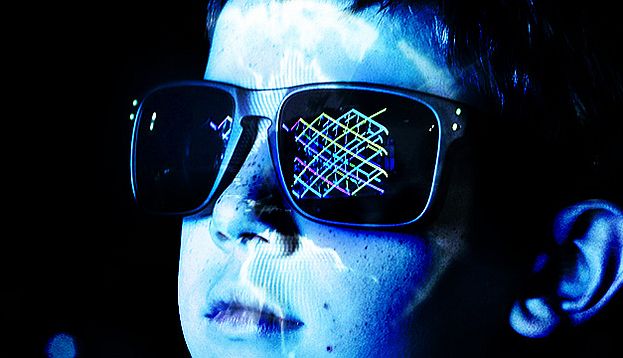While the Oculus Rift virtual reality technology is certainly catching on with a number of companies, it still has yet to see a specific release date in terms of being available to the public. And even then, there are still a few companies out there concerned about the general safety of the device, wondering if motion sickness could possibly play a factor.
Back in the 90’s, Nintendo introduced a virtual reality-like headset to the market called the Virtual Boy, which, like the Rift, introduced stunning 3D displays with a number of titles, including Mario Tennis and Warlo Land. However, the limited red and black display, coupled with a lack of testing for the unit, left some gamers feeling sick. Within a matter of months, Nintendo discontinued the headset.
Is it possible that the Oculus could repeat said history Some may feel that VR just isn’t ready for the market – such as, for example, Take-Two president and CEO Strauss Zelnick, speaking with Bloomberg this week. He feels developers still need to tinker with issues surrounding the technology, including “how are you going to see your controller, how does the controller interact with this immersive space.” He also feels comfort and motion sickness could also come into question, according to Ars Technica.
“We are concerned that you’ll play our games for a long period of time – we don’t want people getting nauseated,” said Zelnick. “And also, having had the experience, I’m not sure how long you want an immersive headset on your head. We’ll find out.”
Electronic Arts CFO Blake Jorgensen was just as concerned about motion sickness issues, speaking at the UBS Global Technology Conference this week about its effects. “The challenge is if you are at all even slightly motion sick prone,” he explained. “It’s very tough. I’ve seen people within 30 seconds have to take the goggles off because. . . it is so immersive. It’s an incredible experience and I think there’s a huge opportunity, but there’s some technology steps that have to be played out and I think so ways to make sure people enjoy it, but don’t get sick by it too quickly.”
That’s not to say the issues with motion sickness can’t be resolved, as both companies are hopeful. “I will say this. If that’s what consumers want, we’ll be first in line to give it to them,” said Zelnick. “We see no reason to innovate in terms of business models. We prefer to be a fast follower…I’m happy to have other people spend loads of dough on R&D.”
Microsoft has expressed similar interested as well, stating that it was willing to “see how the VR space evolves” before jumping in head first, as Sony did with its Project Morpheus earlier this year. “At this point, everything you’re seeing out there is just prototypes and development stuff,” said Xbox Group Program Manager David Dennis. “I think for us, it will be interesting to see how consumers respond and what experiences developers are able to deliver.”
We’ll see what Oculus has in mind when it (eventually) announces a release date.

